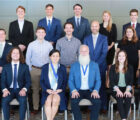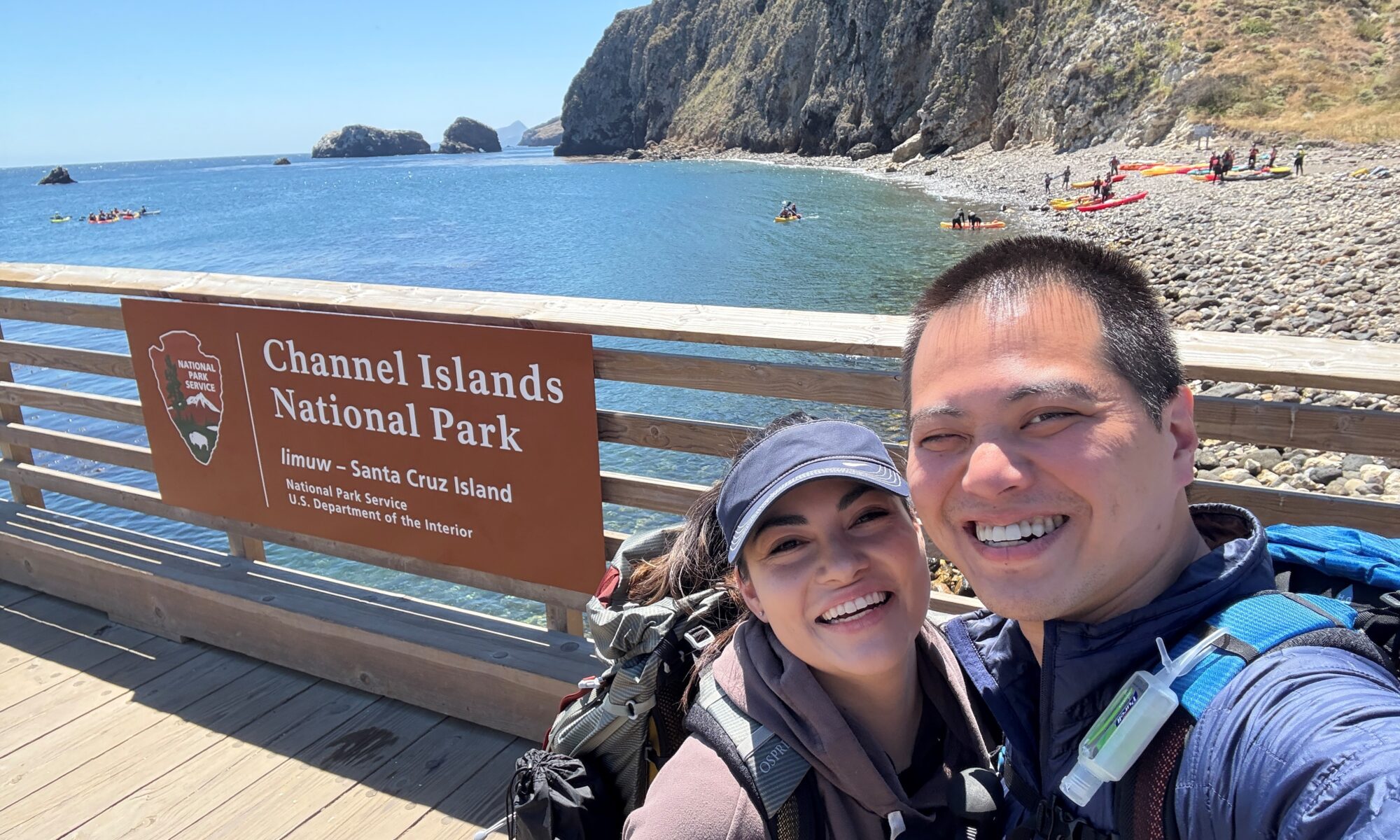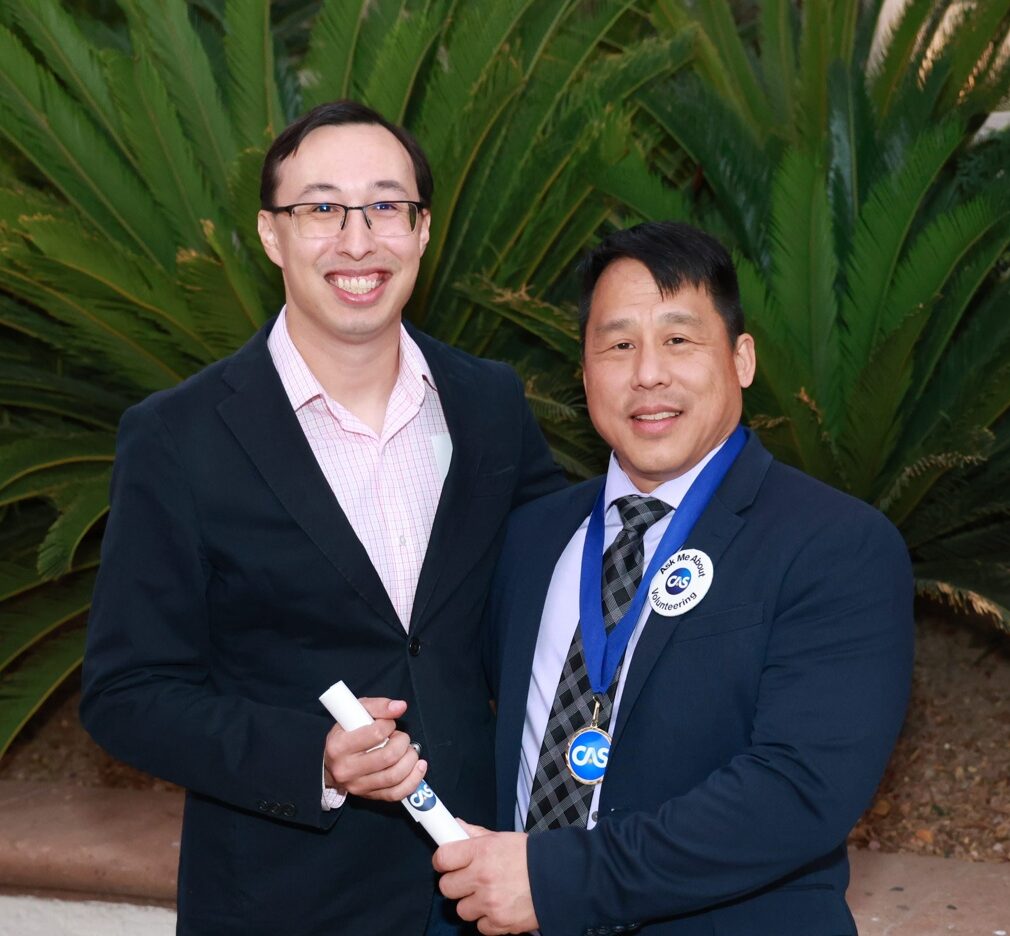 A game (illustrative example shown above) is played by two players who alternate taking turns, on a sequence of adjacent squares that extends without bound to the right. Initially a finite number of coins are placed, each on one square. No more than one coin may occupy a square. The rightmost coin is silver and the rest are copper. Each player in turn may either:
A game (illustrative example shown above) is played by two players who alternate taking turns, on a sequence of adjacent squares that extends without bound to the right. Initially a finite number of coins are placed, each on one square. No more than one coin may occupy a square. The rightmost coin is silver and the rest are copper. Each player in turn may either:
- Move any coin to the left, any number of spaces possible without jumping over another coin, or
- Capture and remove the leftmost coin.
Whichever player captures the silver coin, wins.
Under what initial conditions (number and placement of coins) does a player, either the player who takes the first turn or the other, have a winning strategy?
Know the answer? Send your solution to ar@casact.org.
Questionable Odds
The solution below is based on John Berglund’s submission.
- Give an example of a question that maximally improves your expected probability of correctly guessing the individual: Is the person under age 50?
- Give an example of a question that minimally improves your expected probability of correctly guessing the individual: Is the person over age 300?
- How would you characterize questions with improvement greater than the minimum and less than the maximum? Answer: Nonexistent.
Proof:
Say that there are n people alive on Earth.
My expected probability of guessing the right person at the start is 1/n.
I ask a question about something that is true for m people.
If the answer comes back “yes” this will leave me with m people, and I would guess correctly 1/m of the time. If the answer comes back “no” this will leave me with n – m people, and I would guess correctly 1/n – m of the time.
Since the person is selected at random there is m/n probability of a “yes” and (n – m)/n probability of a “no.”
Consequently, as long as 0 < m < n, my overall probability of correctly guessing is (m/n)(1/m) + ((n – m)/n)(1/(n – m)) = 2/n.
However, if m is equal to either 0 or n, “no” for everyone or “yes” for everyone, then I gain no information and my odds are still 1/n.
Any question about something that is true for some people, but not all people, will double my expected probability of guessing correctly. Otherwise, there are no improvement in my odds.
Solutions were also submitted by David Skurnick and Jeff Subeck.













